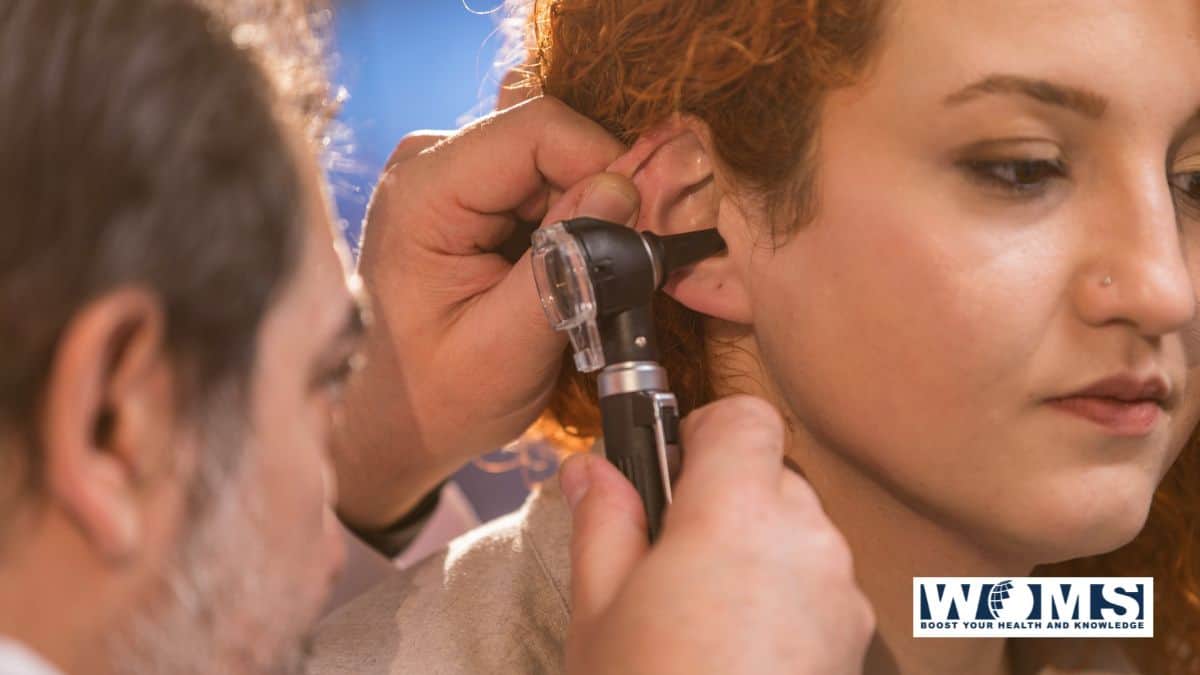What Is Audiometry, and When Do You Need to Test Your Hearing?

You are already familiar with audiometry if you’ve ever had a hearing test. Simply said, audiometry as a science measures how well you can hear. Non-invasive audiometry tests can reveal to you and your health professional if you have any hearing damage.
Hearing loss occurs when you lose your ability to hear sounds. It may be brought on by old age, disease, or injury. Hearing loss is a common condition that can lower your quality of life. The first step in identifying the reasons for hearing loss and determining what to do next to maximize your hearing improvement is an audiometry exam.
What is audiometry?
Age-related hearing loss can impact everyone. Audiometry is one method for detecting hearing loss. Your hearing is evaluated with an audiometry test. It assesses concerns with balance, strength, and tone of sounds, as well as other inner ear-related problems. The test is carried out by an audiologist, a medical professional who focuses on identifying and treating hearing loss.
The decibel is the unit of measurement for sound intensity (dB). The human ear is capable of hearing whispers and other soft noises. These have a 20 dB volume. A jet engine produces a noise of around 150 dB. Be wary of how much time you spend in a noisy environment as that can be detrimental to your hearing. Avoid listening to loud noises, especially via headphones, and if your job exposes you to noise make sure to wear the proper ear protection, as this is among the most prevalent causes of hearing loss.
Baseline evaluation
Most adults last had their hearing tested in grade school. If that sounds like you, it’s time to schedule a doctor’s appointment. Adults should check their hearing at least once a year, ideally after turning 21, during their yearly physical examination. You can find out how well your hearing is at that time by taking a baseline test. In this manner, an audiologist can better assess how much it has changed as you age and provide you with the appropriate treatment.
Hearing screening
A hearing screening is distinct from a more thorough hearing examination. It’s usually a simple test to check to see if you need extra screenings. Either you succeed or fail. You most likely don’t have hearing loss if you pass. If you don’t succeed, you’ll need to consult an expert who can give you a more thorough assessment. You will gain a better understanding of the condition’s type, severity, and ideal course of treatment as a result.
Different types of audiometry tests
You can check with your doctor regarding hearing tests if you believe you could have hearing loss. For thorough testing, you might need to see your audiologist. The audiologist will recommend types of hearing testing methods to evaluate your hearing and identify the root of any hearing loss.
Sound-only audiometry
If you have already undergone a routine hearing screening, you are already familiar with this test. You don a pair of headphones and take a seat in a quiet space. A sequence of sounds with various pitches and loudness is played in one ear at a time by the person conducting the test. To demonstrate which ear is receiving the tone, you must raise your hand.
You could also undergo a tone test while wearing a bone oscillator behind each ear. To transmit sound to the inner ear directly, the instrument vibrates. Every time you hear a sound, you need to react.
Speech audiometry
In the sense that you’re sitting in a quiet room wearing headphones, this is comparable to pure tone testing. You repeat each phrase after hearing it played at various volumes, or you can point to a graphic that represents the word.
Impedance audiometry
A probe is inserted into your ear by the doctor. The probe creates sound by pressing air on your eardrum. Your eardrum’s reaction to the stimulation is measured by the doctor. An audiogram is used by your doctor to record the outcomes of these tests. The information provides the doctor with information about the volumes and frequencies you can hear and those you cannot.
Final thoughts
An audiometry evaluation analyzes a person’s capacity to hear ambient noises, pitches, or frequencies without causing any discomfort or invasiveness. Audiometry testing may be given to patients with tumors in or around the ear to see if a hearing loss has developed or to check on their hearing before and after treatment.
It is also used to determine whether surgery or hearing aids might help someone hear better. But you don’t need to have problems with your ears to get your hearing tested. It’s better to regularly check your hearing to avoid potential problems that may arise.




